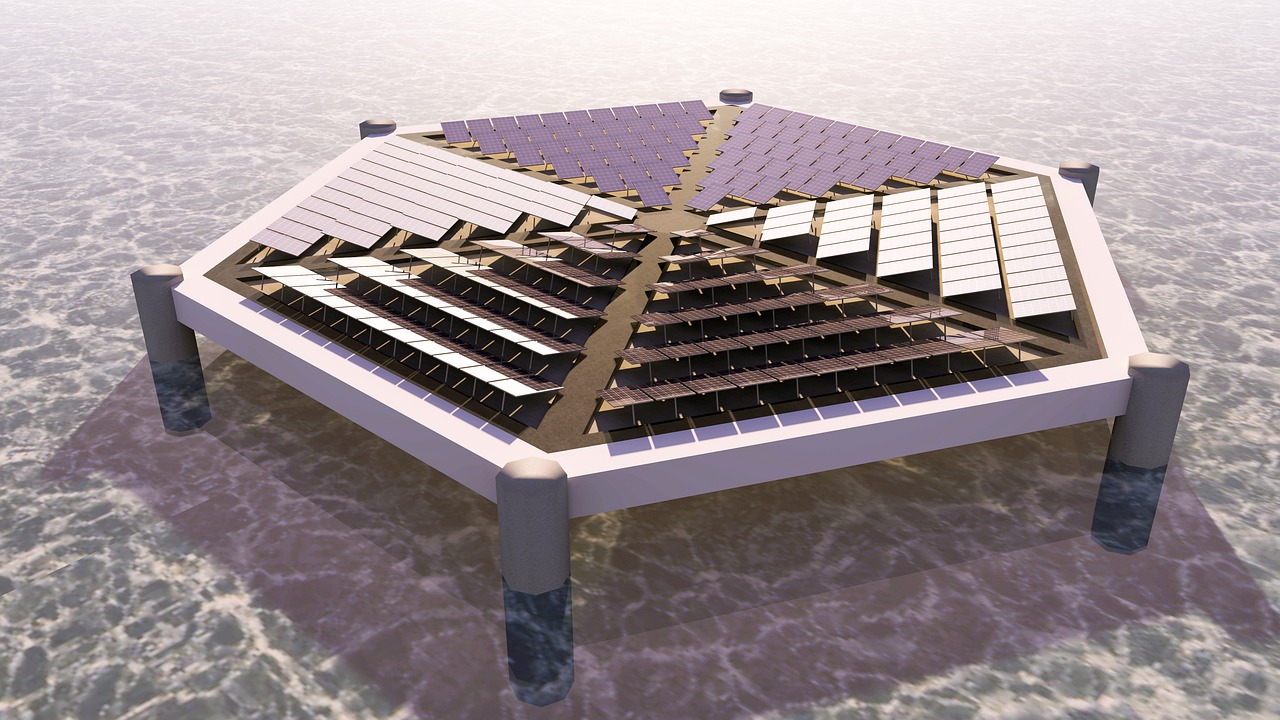Residential Solar Systems: Solar for the home allows homeowners to manage their energy use and contribute to a more sustainable future. homeowners can make informed decisions about getting solar at home by understanding the installation process, cost factors, and maintenance needs.
Residential Solar Power Systems
Residential Solar Power Systems: Residential solar systems provide homeowners with the ability to harness clean, renewable energy directly from the sun. Installing solar panels on rooftops allows households to generate electricity, reducing dependence on fossil fuels and reducing carbon emissions.
This guide is intended to provide an overview of residential solar power systems, from the installation process to the benefits and considerations of using solar power at home.
Understanding Solar Energy: Residential Solar Power Systems
You need to understand how solar panels work, we shall be explaining the photovoltaic (PV) process that converts sunlight into electricity. solar system components comprises Solar panels, inverters, mounting systems and monitoring equipment.
Solar Potential Assessment: Site Assessment
Determine your home’s solar potential, taking into account factors such as location, shading and roof orientation. when accessing solar resource assessment tools, use online resources and expert judgment to estimate solar energy production.
System Sizing and Design: Residential Solar Power Systems
Residential Solar Energy Systems Determining Energy Needs and Analyze historical electricity consumption to determine appropriate system size. design considerations and Placement of solar panels, roof suitability, and potential system configurations.
Financial Considerations: Return on Investment
Estimating the upfront costs, including equipment, installation, and potential incentives or rebates also
Evaluating the financial benefits over the system’s lifespan, including energy savings, net metering, and potential tax credits.
If you are researching reputable solar installation companies here are some factors to consider, such as experience, certifications, warranties, and customer reviews. comparing proposals from different installers to find the best fit for your needs is very important.
Installation Process and Schedule: Residential Solar Power Systems
Navigate local regulations, get permits and interconnection agreements with utility companies, understand the steps involved, from site preparation to panel installation and electrical connections.
Use monitoring tools to track solar system performance and regularly clean, inspect and troubleshoot to ensure optimal system performance and longevity.
Environmental and Energy Savings Benefits
Quantifying the environmental impact of generating clean, renewable energy for Long-term energy savings, Estimating the potential savings on utility bills over the system’s lifespan.
Utilizing government resources and Exploring local incentives, tax credits, and financing options for solar installations, Joining local solar energy associations or online forums to connect with other solar homeowners is paramount.

The Future Of Solar Power Energy
Recent years have seen tremendous growth and expansion in solar energy, and the future is even brighter.
Solar energy is poised to play a key role in determining the future of global energy production as the world continues to prioritize renewable energy sources and move away from fossil fuels.
With continued technological developments, greater integration across many industries and growing global support for renewable energy, solar energy will continue to lead the transition to a sustainable, low-carbon future as it becomes increasingly efficient, inexpensive and adaptable.
Solar energy has the ability to outperform other clean energy sources, mitigate climate change and ensure a sustainable, reliable energy supply for future generations through investment and research and legal support.
Conclusion
Your opinion and suggestion will be highly appreciated, please feel free to tell us what you think about this article, if you like it or not drop it at the comment section and we shall reply soon, thanks for reading our article.
FAQs About Solar Power System
Q1: What is a residential solar power system?
A1: A residential solar power system, also known as a rooftop solar system, is a setup that allows homeowners to generate electricity from solar energy using solar panels installed on their roofs. The system consists of solar panels, an inverter to convert the captured sunlight into usable electricity, and other components such as mounting structures and electrical connections.
Q2: How do residential solar power systems work?
A2: Residential solar power systems work by harnessing sunlight through solar panels made up of photovoltaic (PV) cells. These cells convert sunlight into direct current (DC) electricity. The inverter then converts the DC electricity into alternating current (AC), which is the type of electricity used in homes. The AC electricity can power household appliances and is either used directly or fed back into the electrical grid if excess energy is generated.
Q3: Can I generate enough electricity to power my entire home?
A3: The amount of electricity a residential solar power system can generate depends on factors such as the size of the system, the solar resource available in your location, and your energy consumption. It’s possible to size a solar power system to meet most or all of your electricity needs. A professional installer can assess your energy consumption patterns and recommend an appropriately sized system.
More FAQs About Solar Power Systems
Q4: What happens if I generate more electricity than I use?
A4: If your residential solar power system generates more electricity than you consume, the excess energy can be fed back into the electrical grid. This process is known as net metering. In many regions, you receive credits for the excess energy you contribute, which can be used to offset your electricity usage during periods when your solar panels are not generating enough power, such as at night.
Q5: How long does a residential solar power system last?
A5: The lifespan of a residential solar power system typically ranges from 25 to 30 years, but it can vary depending on the quality of the components, maintenance, and environmental factors. Solar panels usually come with warranties ranging from 20 to 25 years, guaranteeing their performance and power output during that period.
Q6: Do solar panels require maintenance?
A6: Solar panels are relatively low-maintenance. They require periodic cleaning to remove dirt, dust, and debris that may reduce their efficiency. It’s also essential to ensure that the panels remain unshaded to maximize sunlight exposure. Monitoring the system’s performance and addressing any issues promptly is recommended. However, solar panels are designed to withstand various weather conditions and typically require minimal maintenance.
Q7: Can I install a residential solar power system myself?
A7: While it’s technically possible to install a residential solar power system yourself, it’s highly recommended to hire a professional solar installer. They have the expertise to assess your specific requirements, ensure proper installation, and navigate local regulations and permitting processes. Professional installation ensures the system’s safety, performance, and eligibility for financial incentives or warranties.
Q8: What is the future of solar power energy?
A8: The future of solar power energy is bright. It is expected to continue growing rapidly as advancements in technology, decreasing costs, and increased environmental awareness drive its adoption. Solar power is set to become a major player in the global energy mix, helping to reduce carbon emissions and combat climate change.
Q9: What technological advancements can we expect in solar power energy?
A9: The future of solar power energy will see significant technological advancements. These include improved solar panel efficiency, the development of advanced materials such as perovskite solar cells, the integration of energy storage systems, and the use of artificial intelligence and machine learning to optimize solar energy production and system performance.




There is noticeably a bundle to find out about this. I assume you made certain nice points in features also.
Thanks for finally talking about > Residential Solar Power Systems: A Guide To Installing And Utilizing Solar Energy – Klofare خرید بک لینک دائمی